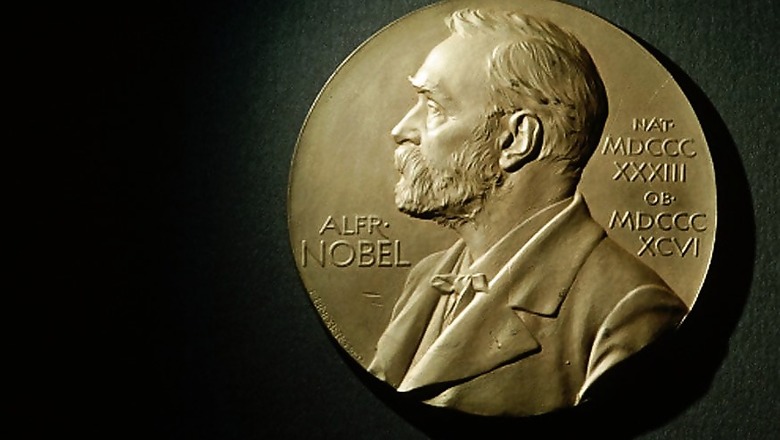
views
Chemists Jean-Pierre Sauvage of France, Scotland's Sir J. Fraser Stoddart and Dutch Bernard L. Feringa on Wednesday won the Nobel Prize in Chemistry for their work on molecular machines.
The Royal Swedish Academy of Sciences awarded the prize jointly to Sauvage who works at Strasbourg University, Stoddart from the Northwestern University in the US and Feringa from Royal Netherlands Academy of Sciences "for the design and synthesis of molecular machines".
A statement on the official website of the Nobel Prize said the trio worked on molecular machines -- controllable, nanometre-sized structures that can convert chemical energy into mechanical force and motion.
They have developed molecules with controllable movements, which can perform a task when energy is added, it said.
The 2016 Nobel Laureates in Chemistry have miniaturised machines and taken chemistry to a new dimension, the statement said.




















Comments
0 comment